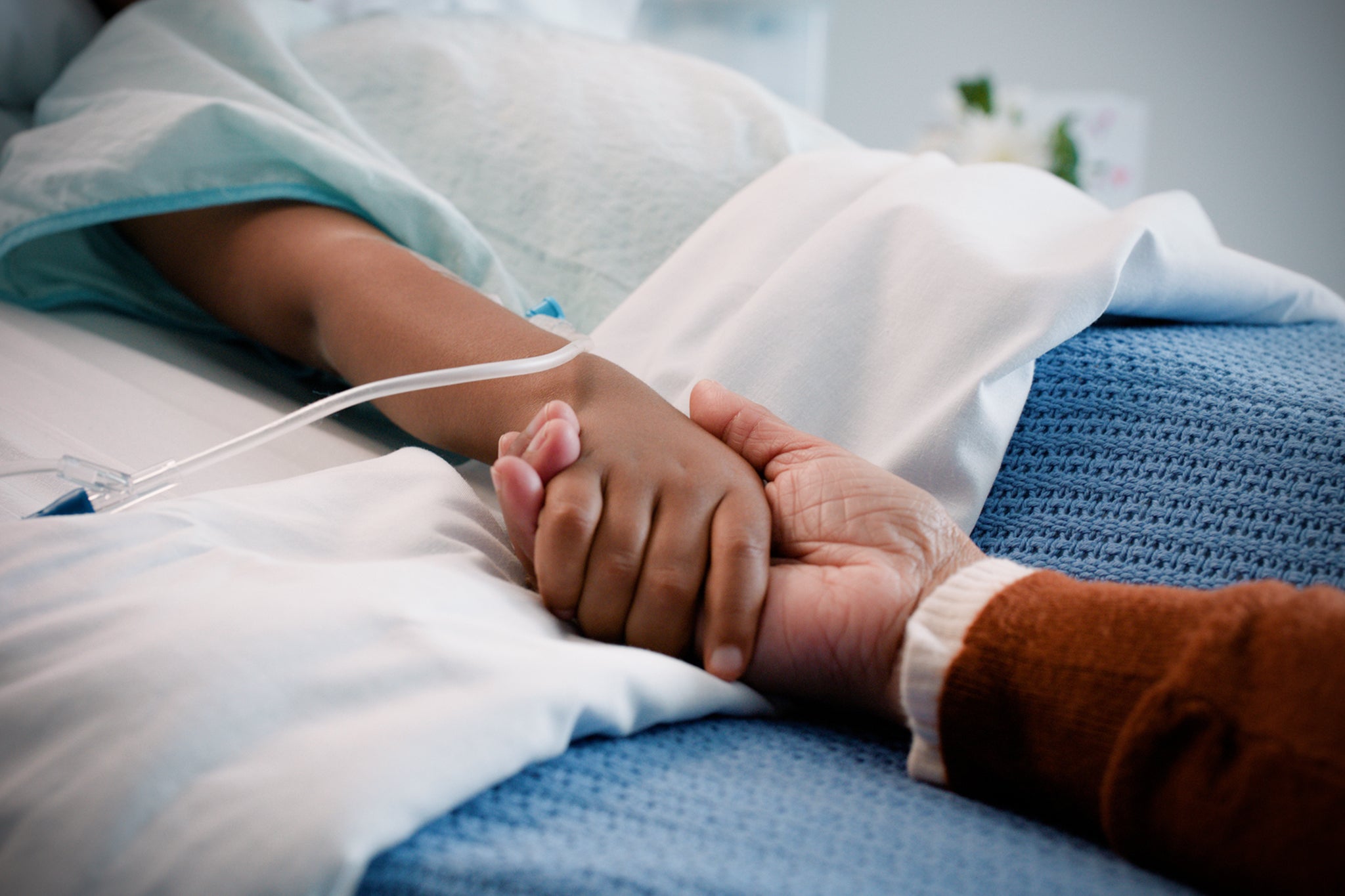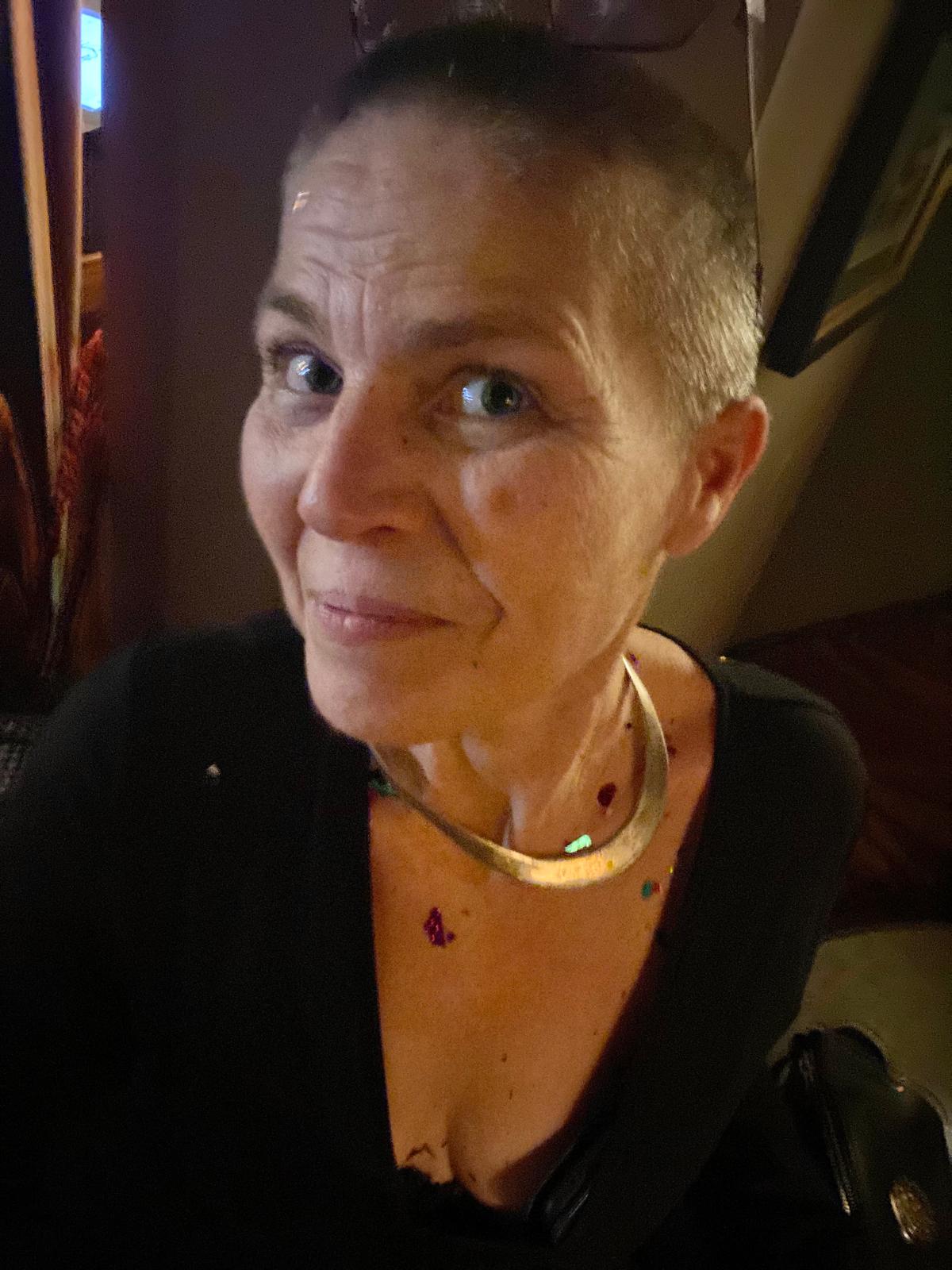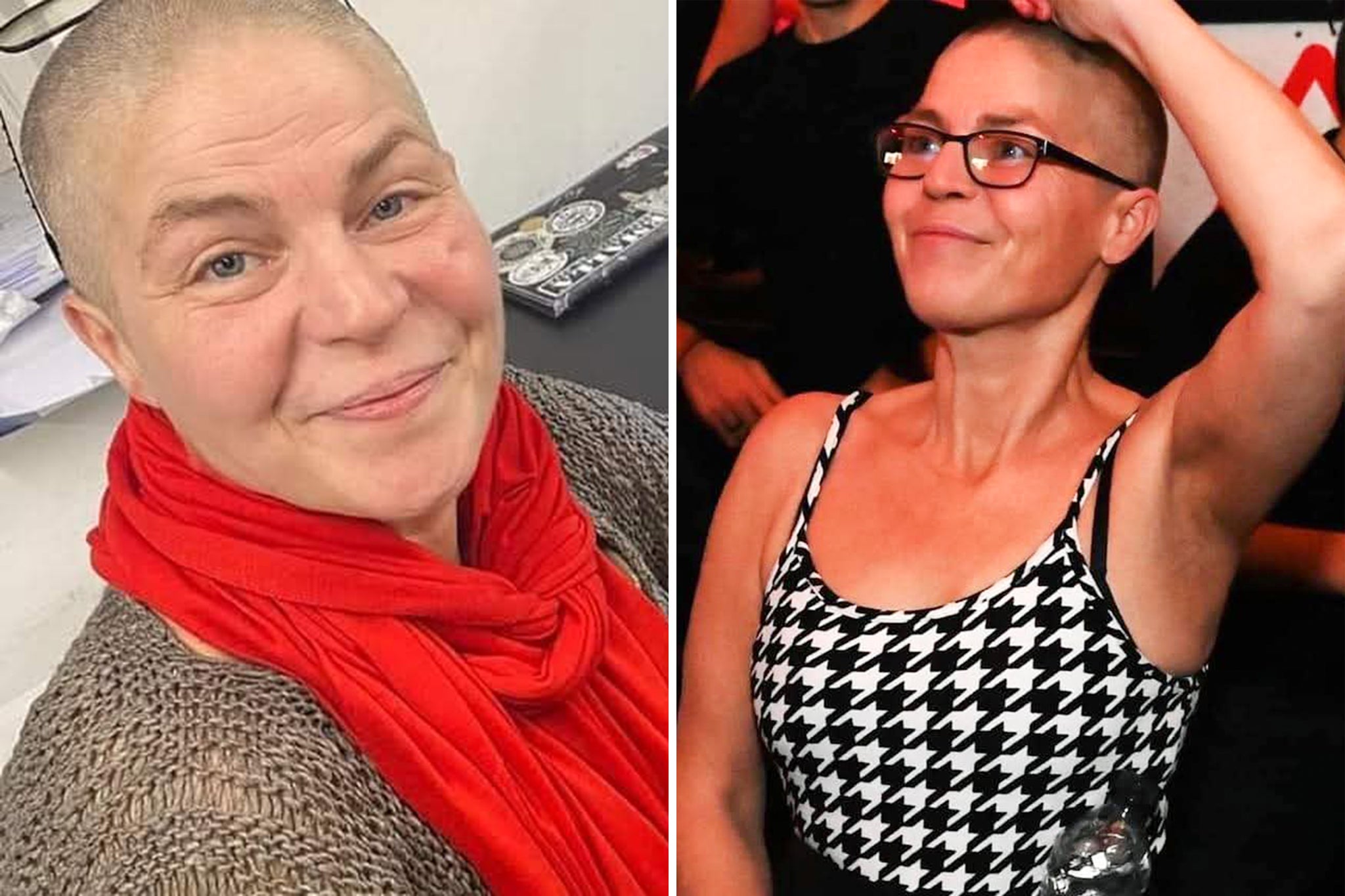
When Matthew Collins first went to doctors with debilitating symptoms including “thunderclap” headaches, seizures, temporary blindness, and then a stroke, he was dismissed as a worrier.
“When I was in the stroke ward I kept telling them I felt I was getting worse, and they said it was just all in my head,” Mr Collins said. “They just said I was anxious.”
But later after returning to hospital with worsening symptoms, he was sent for a CT scan which finally revealed the then 35-year-old had an aggressive Glioblastoma brain tumour.
Mr Collins, from Aberdare in Wales, said it was about five months between first getting symptoms and his diagnosis in October 2023 - an experience he said was “incredibly frustrating”.

While the prognosis for glioblastoma is generally 12 to 18 months, Mr Collins has outlived that thanks to privately funded treatments not available on the NHS, including immunotherapy. He said that needs to change.
“There’s almost a lack of interest in [researching brain cancer] in the scientific community because it’s so hard to treat,” he said.
A Welsh Government spokesperson said the government’s investment in cutting-edge cancer research and the dedicated Wales Cancer Research Centre and Wales Cancer Biobank “continues to support Welsh researchers to contribute to the UK and global efforts to better diagnose and treat different forms of cancer,” and ensures NHS funding is used “for clinically effective treatments”.
Mr Collins is one of the 90,000 Britons who are diagnosed with low-survivable cancers each year.
New data shows that more than half (58 per cent) of those people diagnosed with lung, liver, brain, oesophagus, pancreas or stomach cancer will die from their disease within 12 months, and they make up roughly half of all annual cancer deaths.
Despite that, they receive a fraction of the research funding for other cancers, and the Less Survivable Cancers Taskforce is calling for more funding and awareness.
Part of the issue is that the vast majority of people with these less survivable cancers are diagnosed when their cancer has progressed to later stages. Only 28 per cent are diagnosed when their cancer is at stage one or two, compared to 54 per cent of patients with all cancers according to Cancer Research UK.

Anna Jewell, chair of the Less Survivable Cancers Taskforce, said this reality was “simply unacceptable”.
“It is essential that all UK governments take immediate steps to develop and implement national action plans dedicated to less survivable cancers to improve the outcomes for patients with these devastating diseases,” she said.
The taskforce’s deputy chair and The Brain Tumour Charity director of external affairs and strategy, Cameron Miller, said awareness of these cancers has grown, thanks largely to the work of charities, but much more was needed.
“There is [also] more awareness as a collective that these cancers are underfunded and under-appreciated as a whole,” he said.
Late-stage diagnosis affects treatment options, and the taskforce said the government must commit to prioritising early detection, as well as improve research funding and invest in new treatment options to help improve the survival odds of people like Mr Collins.

Mr Miller said focusing on funding research into these cancers and getting more people diagnosed early would be key to improving outcomes for people living in the UK.
“We would like to see more of a dedicated focus on these cancers: targets the department [of health and social care] can work towards, and dedicated people responsible for the delivery of initiatives that are tackling them,” he said.
Already, early diagnosis rates for some of these cancers are improving.
Figures released earlier this month by NHS England found early diagnosis of 13 stageable cancers, including lung, oesophagus, pancreas and stomach cancer and more common cancers including melanoma and breast cancer, found nearly three in five patients were being diagnosed at stages one or two, the highest rate ever.

But not everyone is diagnosed early.
Cheryle Brandon hadn’t even heard of oesophageal cancer before she was diagnosed with stage four in late 2022. Her symptoms initially appeared as heartburn, which went away with medication, but not long after Ms Brandon found herself choking on food, she went for an endoscopy and was told the life-changing news.
“It was a sucker punch,” the 52-year-old said. “I did a Dr Google, and the statistics were horrendous.”
Ms Brandon went through months of gruelling chemo and radiotherapy to tackle her tumour, which she named Geraldine.
She said she needed a feeding tube at one stage and “survived on Weetabix and ice cream”, but her doctors told her miracles could happen.
In July 2023 she was declared cancer-free, but she said her life has been permanently changed by the experience.
“There’s no old normal, only the new normal now,” she said, adding she hoped her experience would help more people get diagnosed and treated sooner.
“I need to make sure people are getting themselves sorted out,” Ms Brandon concluded.
A Department of Health and Social Care spokesperson said: “When it comes to fighting cancer, every second counts. This government will get the NHS catching cancers earlier through early diagnosis and screening programmes, so that it can be treated faster and so more lives can be saved.
“As we deliver our Plan for Change, we will make the NHS fit for the future and fight cancer on all fronts – through prevention, diagnosis, treatment, and research.”







